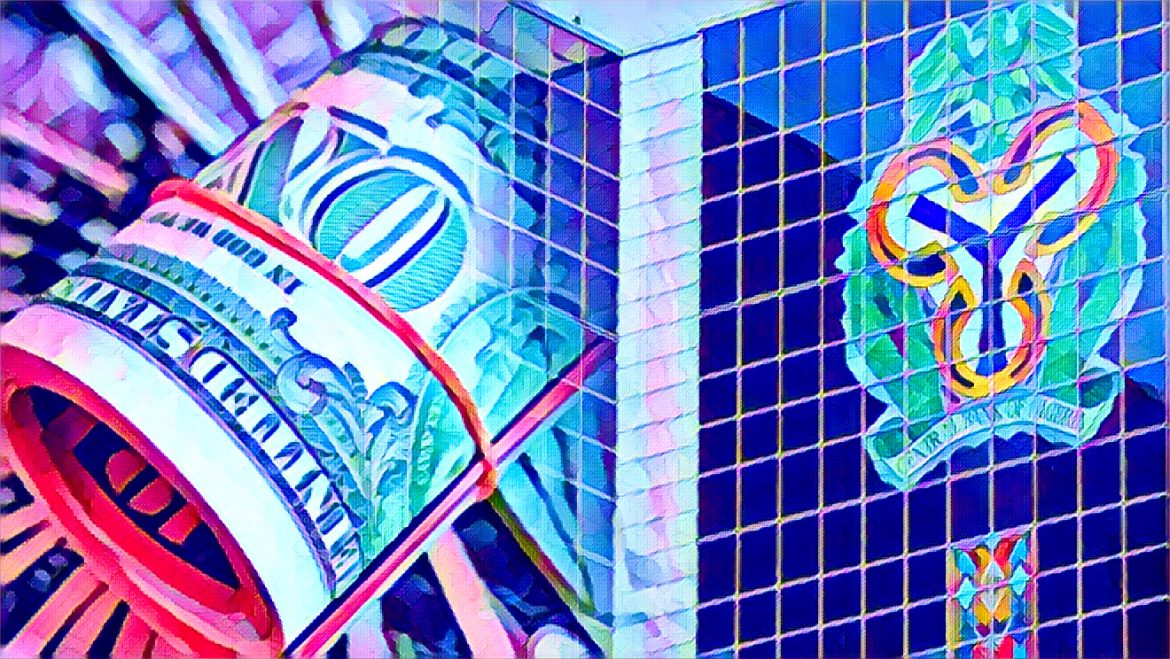The Central Bank of Nigeria (CBN) has announced the sale of $20,000 to each Bureau de Change (BDC) operator at a rate of ₦1,450 per dollar. This move is aimed at facilitating invisible transactions, such as personal travel allowances, medical bills, and school fees, and is part of a broader strategy to stabilize the foreign exchange market.
The sale, which targets over 5,000 BDC operators, is expected to ease the pressure on the naira and provide more accessible foreign exchange for individuals and businesses. This initiative comes as Nigeria grapples with a fluctuating exchange rate and a significant gap between the official and parallel market rates.
According to the CBN, the decision to inject more dollars into the BDC segment is in line with its mandate to ensure liquidity and stability in the foreign exchange market. By providing BDC operators with sufficient foreign currency, the CBN aims to meet the demand for legitimate invisible transactions, which often experience shortages and high exchange rates in the parallel market.
Dr. Kingsley Obiora, Deputy Governor of the CBN, explained the rationale behind the intervention. “This measure is designed to address the genuine demand for foreign exchange by Nigerians traveling abroad for personal or business purposes, and to cover expenses like medical treatment and tuition fees,” he said. “We are committed to ensuring that these needs are met at a reasonable exchange rate.”
The move has been met with cautious optimism by financial analysts and stakeholders. Many believe that this strategy could help bridge the gap between the official and black market exchange rates, thereby reducing the speculative activities that often drive the naira’s volatility.
However, some experts have raised concerns about the long-term effectiveness of this approach. They argue that while the injection of dollars into the BDC market might provide temporary relief, it does not address the underlying structural issues affecting Nigeria’s foreign exchange market. These issues include the country’s overreliance on oil exports, fluctuating global oil prices, and insufficient foreign direct investment.
The success of this initiative will largely depend on the ability of the CBN to monitor and regulate the distribution of dollars to ensure that they are used for the intended purposes. There have been past instances where such interventions were undermined by corruption and mismanagement, leading to a diversion of funds into speculative trading rather than legitimate transactions.
In addition to the BDC intervention, the CBN has been implementing various policies to strengthen the naira and stabilize the economy. These measures include restricting access to foreign exchange for certain imports, promoting non-oil exports, and encouraging diaspora remittances through official channels.
As the CBN continues to navigate the complexities of Nigeria’s foreign exchange market, the ongoing challenge will be to balance short-term interventions with long-term solutions that promote economic diversification and resilience. Ensuring that foreign exchange is available for critical transactions without exacerbating inflation or creating market distortions will be key to achieving sustainable economic stability.
In conclusion, the CBN’s decision to sell $20,000 to each BDC at ₦1,450 per dollar for invisible transactions is a significant step towards addressing the foreign exchange needs of Nigerians. While the move is likely to provide immediate relief, the central bank must continue to pursue comprehensive strategies to tackle the root causes of exchange rate volatility and ensure a stable economic environment.
Source: Tribune Online Nigeria


